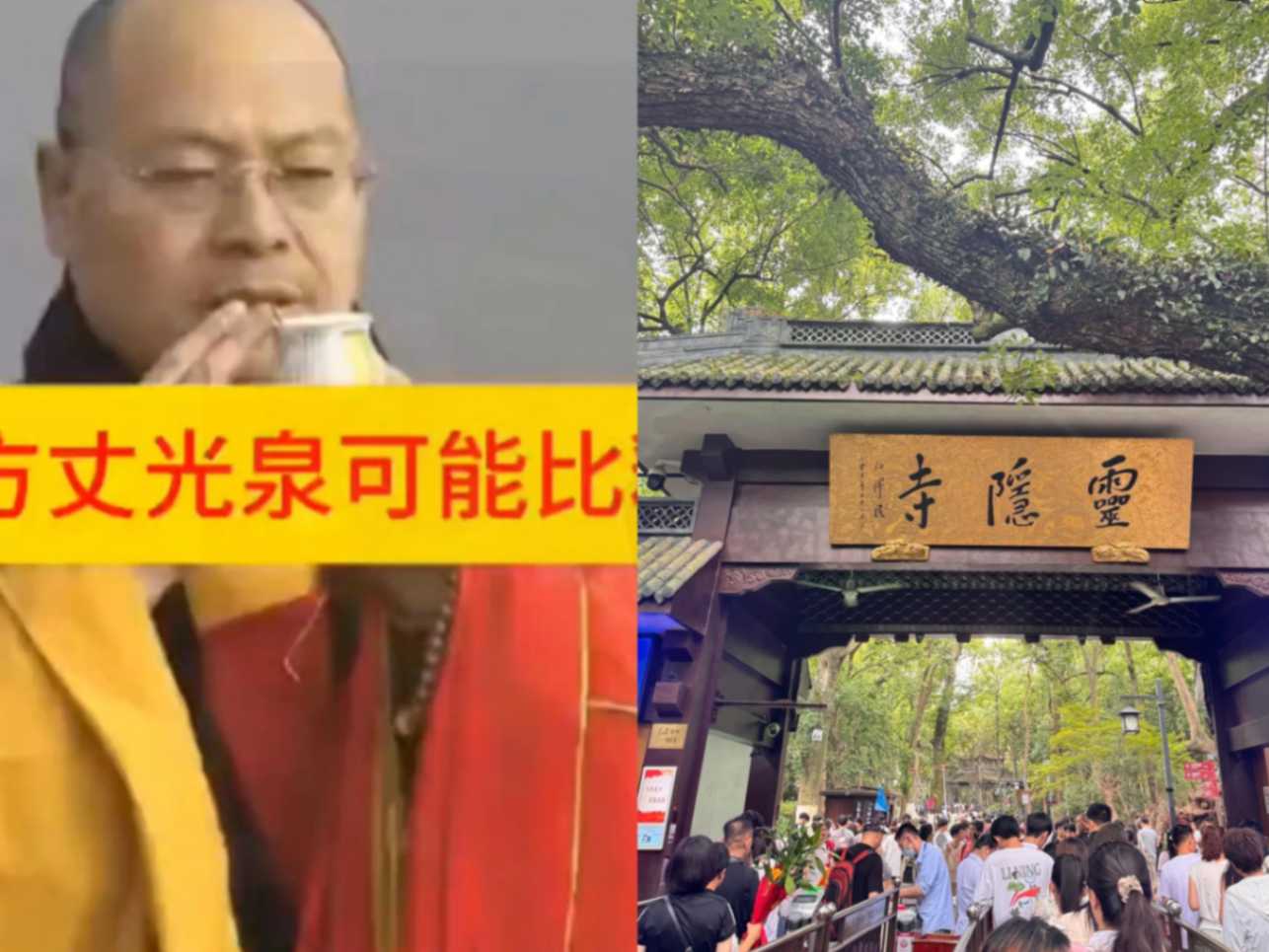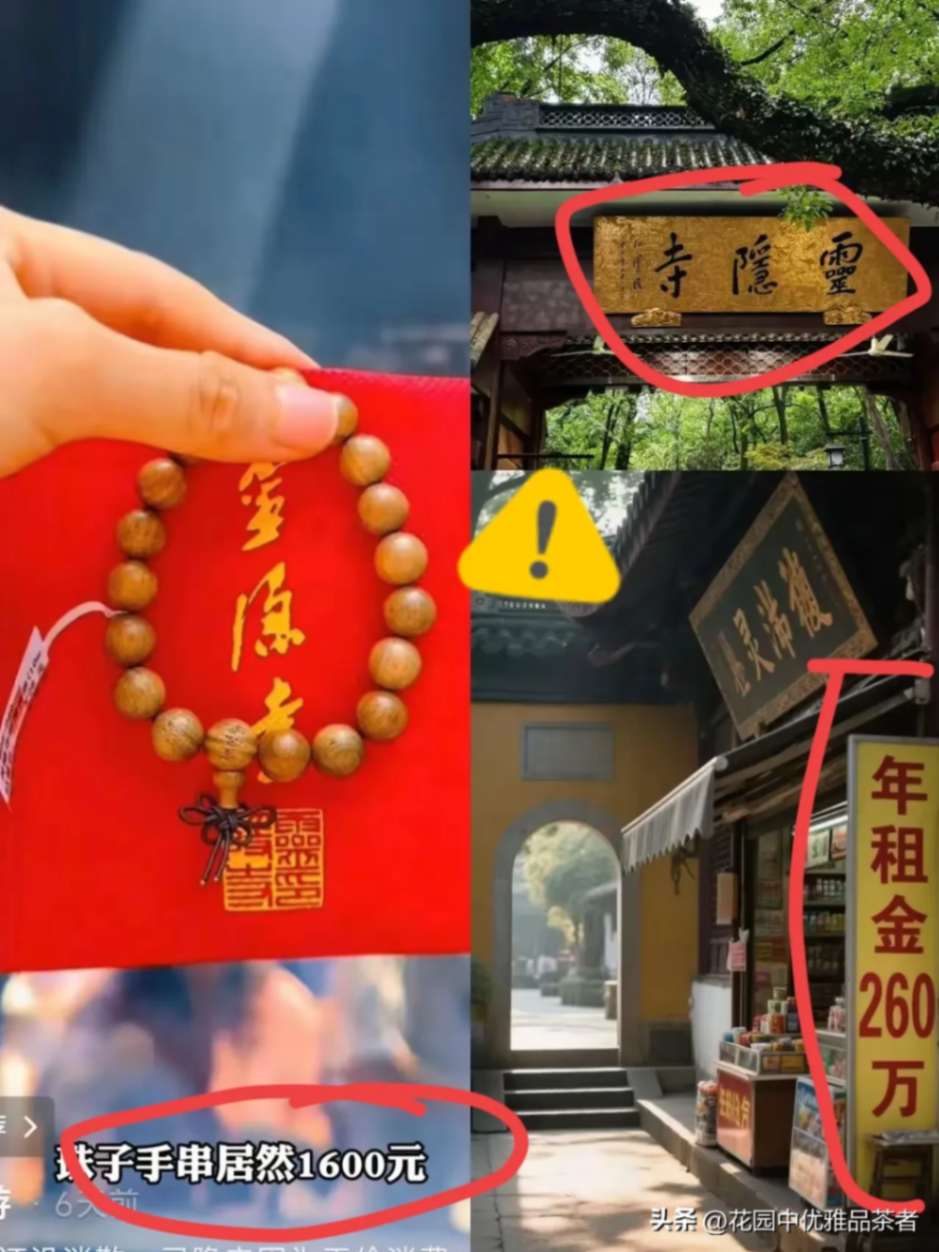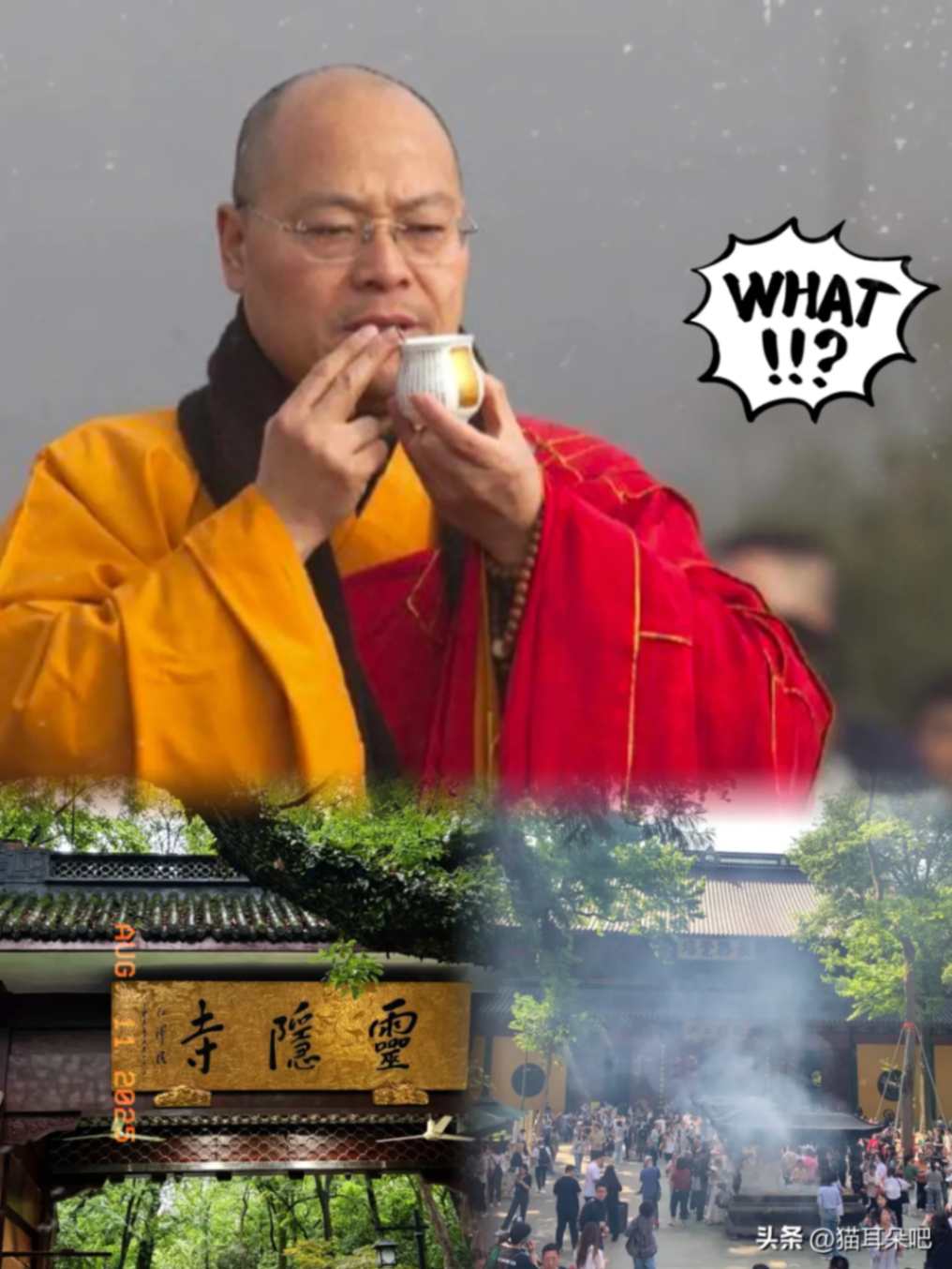Lingyin Temple Scandal: Unveiling Luxury Behind the Sacred Walls
Lingyin Temple’s grandeur hides a controversial side: expensive fees, luxury lifestyles, and booming revenues shaking its spiritual image.

The Shaolin Storm: A Temple or a Business Empire?
The Lingyin Temple, often viewed as a sacred sanctuary, has recently become the center of a brewing scandal that challenges its spiritual reputation. What was once a place for meditative peace and religious devotion now sounds more like a luxury enterprise making millions from devoted visitors.
Shi Quang Quan (释光泉), the temple’s abbot, has a story that wouldn’t be out of place in a Hollywood script. From a humble bus driver to a religious figurehead, he now enjoys extravagant luxuries including a posh villa and a fancy car. His calligraphy skills have even fetched staggering sums at auction, raising eyebrows about the blending of spiritual authority and material wealth.

Paying for Zen: The Hefty Costs of Visiting Lingyin
Visitors to Lingyin Temple are encountering more than just serene halls and golden statues—they face a barrage of fees that start with a steep 75-yuan entrance ticket. If you want to explore main halls or the mountain gate, prepare to pay extra 25 yuan each. But the surprises don’t stop there.
The offerings of incense and bracelets have prices that could shock many. Ordinary bracelets go for 1600 yuan, while the sacred vajra bracelets reach a whopping 5000 yuan. It’s not just spiritual charity; it feels like an exclusive boutique designed for the wallet rather than the soul.

Dining and Donations: Not Your Average Temple Experience
Even dining within the temple walls reflects this pattern. Vegetarian meals are far from modest, starting at 50 yuan and taking an unhurried pace—perhaps allowing time for digesting both the food and the spending? The temple’s small entrance shop boasts an annual rent of 2.6 million yuan, more typical of upscale shopping malls than religious sites.
In 2023, Lingyin Temple attracted 12 million visitors, pulling in about 500 million yuan from fees and donations alone. At this scale, the temple operates more like a publicly listed company than a humble place of worship. This enormous financial success has stirred frustration among many who feel sacred spaces shouldn’t be so commercially driven.
When Spirituality Clashes with Commerce
This scandal leaves us grappling with an uncomfortable question: Should temples become profit-driven enterprises? While maintaining temples does require funds, the sharp rise in costs and luxurious lifestyles invite skepticism. The public’s faith in spirituality risks dilution when temples mirror profit-hungry corporations.
Ultimately, Lingyin Temple's recent controversies expose a complex tension between spiritual heritages and modern-day commercialism. It’s a story that makes us all pause and reflect—*what price are we willing to pay for holiness? * 🕉️💸




